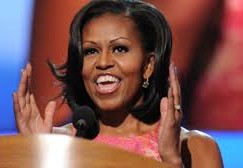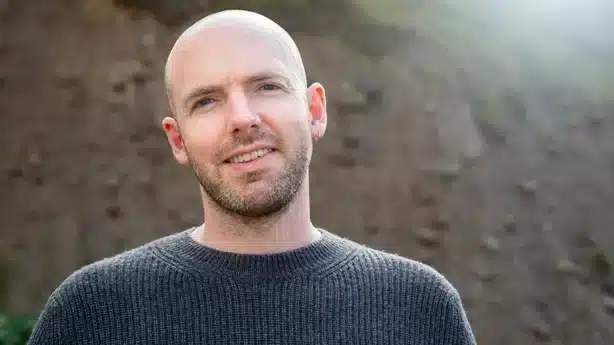Michelle Obama hosts music education event. Strictly no classical
mainThe First Lady is participating in something called Turnaround Arts initiative, a worthy attempt to upgrade failing schools by adding arts education. She has recuited a number of celebrities to highlight the cause. But when push comes to shove and the kids come to the White House today, all she’ll hear is guitar, drums, ukelel and rap. What kind of message is that? Closing of the American Mind.
Press release extract below.

On Tuesday, May 20, First Lady Michelle Obama will host students from Turnaround Arts schools across the nation and renowned performers and artists at the first-ever White House talent show. Students will perform and showcase their work at the White House, joined by the Turnaround Artists who have been volunteering with their schools to support their arts education. Artists participating in Tuesday’s White House event include Sarah Jessica Parker, Chuck Close, John Lloyd Young, Damian Woetzel, George Wolfe, Alfre Woodard, Troy Andrews (Trombone Shorty), Cristina Pato, Shane Shanahan and Kojiro Umezaki. Artists in attendance include Kerry James Marshall, Kal Penn, Frank Gehry, Clarence Greenwood (Citizen Cope), Jesse Tyler Ferguson, Doc Shaw and Chad Smith.





Comments